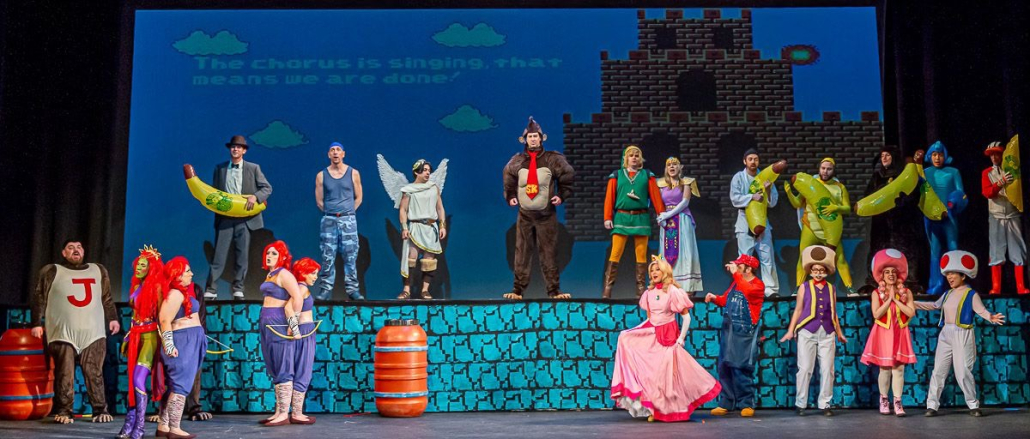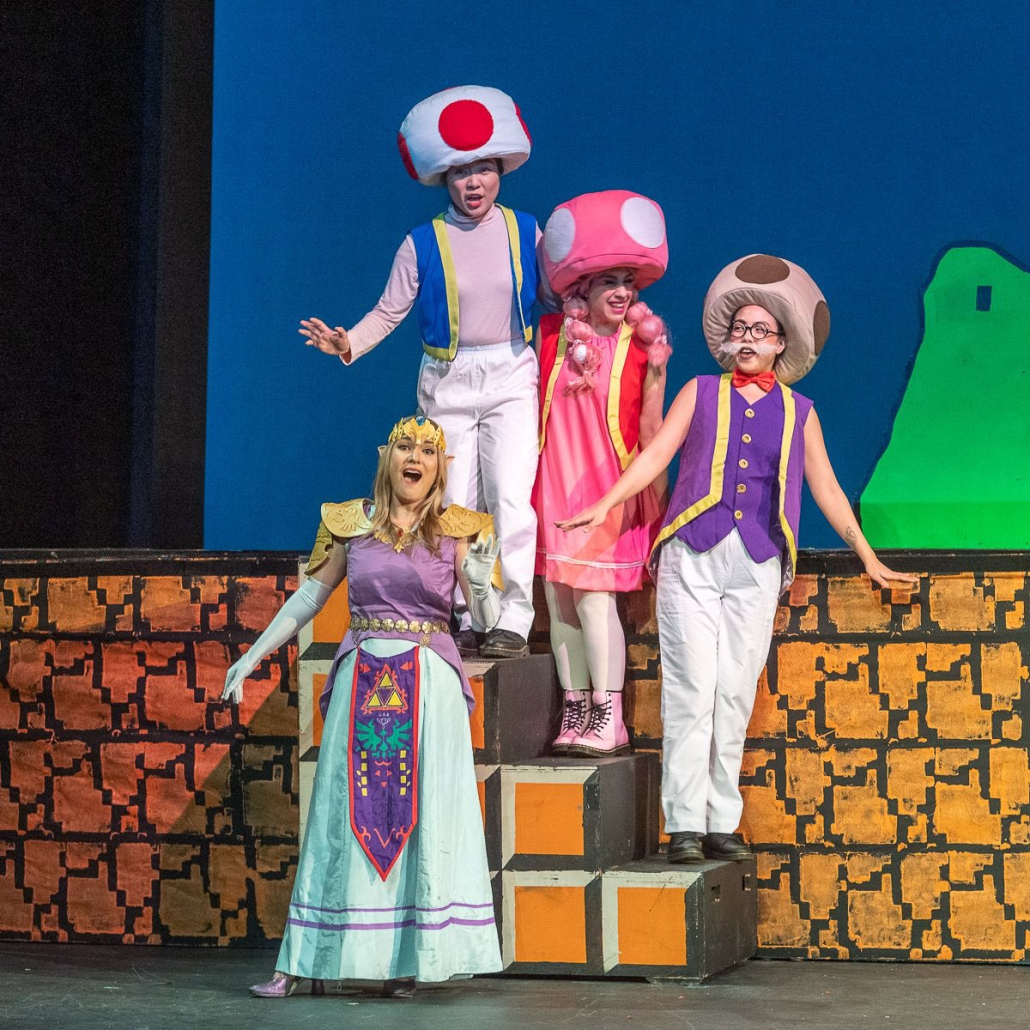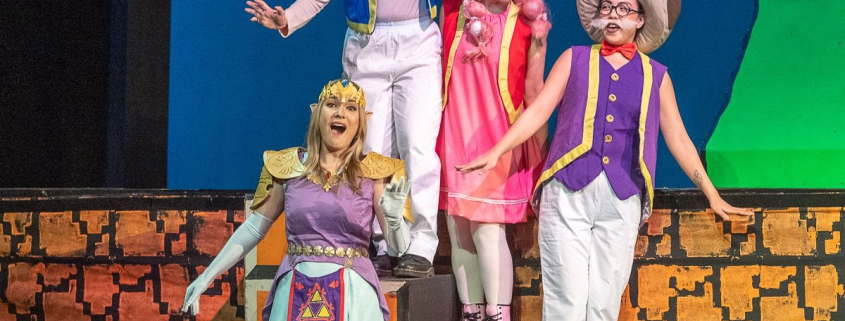‘Superflute’ re-imagines Mozart

Few operas hold as legendary a status as Mozart’s quintessential “The Magic Flute.” A crowning achievement of his miraculous compositional output in 1791, Mozart’s final opera maintains a towering presence in the landscape of classical music even centuries later. The engagingly imaginative plot, coupled with a richly colorful score, has captivated countless audiences as one of the most regularly performed works in opera houses around the globe.
Yet for all its popularity, “The Magic Flute” remains surprisingly static in its productional treatment. Like so many other great operas, modern fashionings of “The Magic Flute” typically fail to make any meaningful attempts at reinvention, symptomatic of the industry’s purist tendencies. The overwhelming inclination to treat operas as monolithic is extraordinarily damaging to opera houses’ public outreach. Combatting a chronic inability to draw new crowds, creatives in the field should prioritize accessibility and relatability.
Enter the Pacific Opera Project with a refreshingly original take on the operatic mainstay, inspired by video game franchises ubiquitous in today’s popular culture. Charmingly branded “Superflute,” POP’s revival of this production taps on the familiar heroes and villains of the arcade. The disarmingly witty reimagination aligns the content of the opera with the cultural conscience of contemporary audiences.
Artistic Directors Josh Shaw and E. Scott Levin (cast as Papageno/Mario) co-wrote a new English libretto, connecting the original characters with their digital counterparts.
“This is my childhood, growing up with Zelda and Mario — so it was not hard to come up with parallels,” Shaw said.
In the leading role is Tamino Linkman, pining after a Zelda-like Pamina; “the plumber” Papageno is paired with Papagena Peach, and Sarastro Kong is pitted against The Queen of the Night, a female version of Ganondorf.
Each transfiguration feels surprisingly natural, managing to roughly retain the same story of Mozart’s librettist Emanuel Schikaneder. Shaw and Levin succeed in crafting their own narrative, weaving in clever jokes and witty allusions. Delicately balancing between faithfulness to the historical component of the opera and the implementation of new additions, their adaptation satisfyingly revamps the plot while staying true to the general sentiments of the original.
Crucially, audience engagement flourishes with the English remodelings. With this translated version, concertgoers make a direct connection with the singers — furthering both the dramatic and comedic elements of the opera.
“When someone’s delivering [their lines] in the language you speak, and you catch the nuance of the timing and the phrase … it’s just so much more immediate,” said Shaw.
For all the changes made to the text of the opera, the music remains virtually untouched. The company sings with a small pit orchestra, taking pains to closely follow Mozart’s specific notation.

“Clearly, Mozart’s the genius of ‘The Magic Flute’ … so we do stay completely true to the music,” Shaw said.
Despite the occasional cut for durational purposes, “Superflute” retains a score just as challenging as any other production.
Thankfully, POP has assembled a cast well-equipped for the opera’s vocal demands. The company sings with exacting diction, virtually eliminating the need for supertitles (which, nevertheless, are still provided). Michelle Drever stands out for her fiery performance as Ganondorf/The Queen of the Night, delivering the coloratura with a power befitting the Zelda villain. Equally arresting is Andrew Potter as Sarastro Kong, with his enormous bass voice. Even smaller roles, like that of the three ladies, receive solid treatment from a consistently strong cast.
Though the leads also contribute valiant vocal performances, they contribute most memorably in their acting. Arnold Livingston Geis plays Tamino/Link with an endearing heroism, yet even more captivating is Levin’s Papageno/Mario. Riffing on a nebulous sense of morality and a general ineptitude, Levin’s masterful comedic timing makes Papageno the true center of this production.
Selling out El Portal Theatre, “Superflute” has drawn audiences that, particularly for opera, are excitingly diverse.
When asked about the target audience for this production, Shaw simply said, “New people, adding that “[Superflute] is specifically designed to reach people who wouldn’t normally go to the opera. And it is definitely working because I see the ticket sales every day.”
Democratizing a timeless Mozart work, POP welcomes all of Los Angeles through its doors with a dynamic view of opera’s possibilities.
Remaining presentations of “Superflute” are on March 24, 25 and 26 at El Portal Theatre in North Hollywood.

